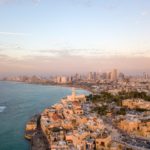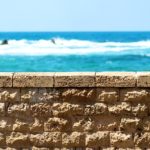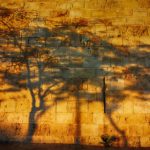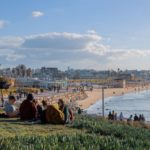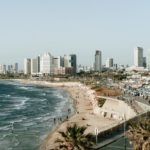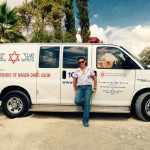Exploring Little Corners of Israel
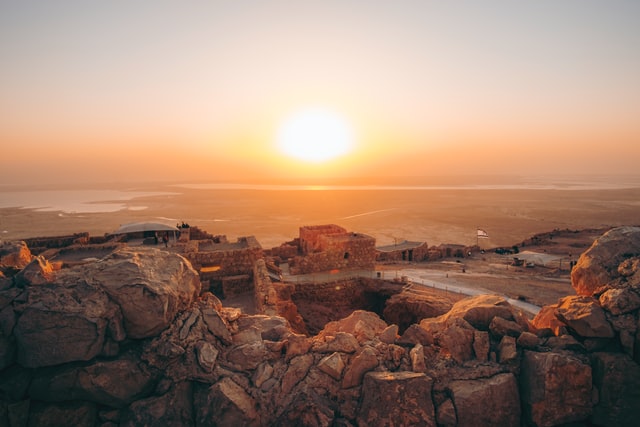
While the representation of Israel in the media tends to be very one-note, there are many aspects of life in Israel that go unreported on. Recently, I had the opportunity to visit a Beta Israel (Ethiopian-Jewish) community south of Jerusalem, and a kibbutz (collective living community) in Sderot. The former is home to a small village of Ethiopian-Jewish Israelis that have proudly made the return to Zion, and who tend to both the land and tradition with cultured care. The latter neighbors Gaza, and constantly straddles the line between peace and terror.
My experiences in both places have helped shape my perception of travel in Israel. Many years ago, Jews were forced out of Israel and into the diaspora. There, the Jewish people settled in different lands, integrated into different cultures, and diverged into the beautifully diverse people we are today. One of the foreign lands Jews emigrated to happens to be Ethiopia.
One of the foreign lands Jews emigrated to happens to be Ethiopia.
Despite endless persecution, the Beta Israel community managed to thrive and retain its Jewish identity. One of the core goals of the Beta Israel is to return someday to Israel. After harrowing journeys across thousands of miles, many Ethiopian Jews successfully returned. They set up villages so that the lifestyle and culture they lived in Ethiopia could now find a home in Israel. In Beta Israel villages survives a beautiful melding of Ethiopian and Jewish traditions.
Upon my arrival in one such village, a beautiful woman with a glowing complexion and wearing a traditional necklace of large, colorful beads welcomed us. She had two of my friends don traditional Ethiopian garb: white linens with colorful patterned edges. Together, they proceeded to bless Ethiopian coffee in Hebrew, which was then poured for us to taste.
For the occasion, our hostess baked dabo, a challah-like bread served on special occasions, and blessed as one would a challah. After the blessing, dabo is cut one of two ways: down the middle, to commemorate Moses parting the Red Sea, or sliced around the center, as one would a round cake. After the coffee and bread ceremony, we took a tour of the agricultural fields and their hand-built clay homes, before heading out on the road again to Sderot.
I’ve also learned not to let fear of the unknown or the unfamiliar prevent me from reaching out to others who live different lifestyles.
In Sderot, small concrete structures line the roads. One appears about every ninety feet. They stand next to playgrounds, schools, grocery stores, bus stops. By law, one must be built into every home. These structures are bomb shelters. In Sderot, at any moment an alarm may sound, signaling an incoming barrage of rockets fired from Gaza. From the time the alarm sounds, residents have ten to fifteen seconds to take shelter, or to hit the ground and take cover.
Then, after the rockets hit, they get up, brush themselves off, and continue living.
The threat of violence looms over southern Israel, always. But, as a local kibbutz resident in Nir Am told us, “This is our home. We don’t want to leave.” And so no one does. Life in southern Israel, on either side of the border, is hard. But to Gazans and neighbors alike, it is the only life they have ever known, and they are not willing to give it up.
Traveling to unconventional spots within Israel taught me to never underestimate the diversity of any country, even a country as small as Israel. No matter where you go, people come from different backgrounds and have different customs, and it’s interesting to learn about them all.
It’s important to ask questions, and to soak in as much information as possible during my time here.
Someone from the north of Israel has a very different view of life from someone from the south. I’ve also learned not to let fear of the unknown or the unfamiliar prevent me from reaching out to others who live different lifestyles. It’s important to ask questions. To soak in as much information as possible during my time here.
Israel and its people are often greatly misunderstood. nd I’m thankful I have to ability to learn and witness what life here is really like first-hand.
Photo for Exploring Little Corners of Israel by Unsplash.

